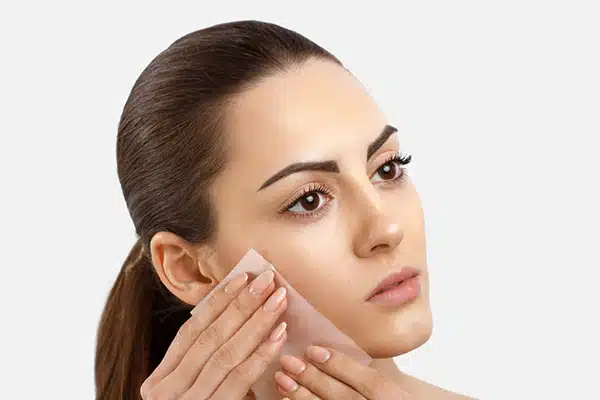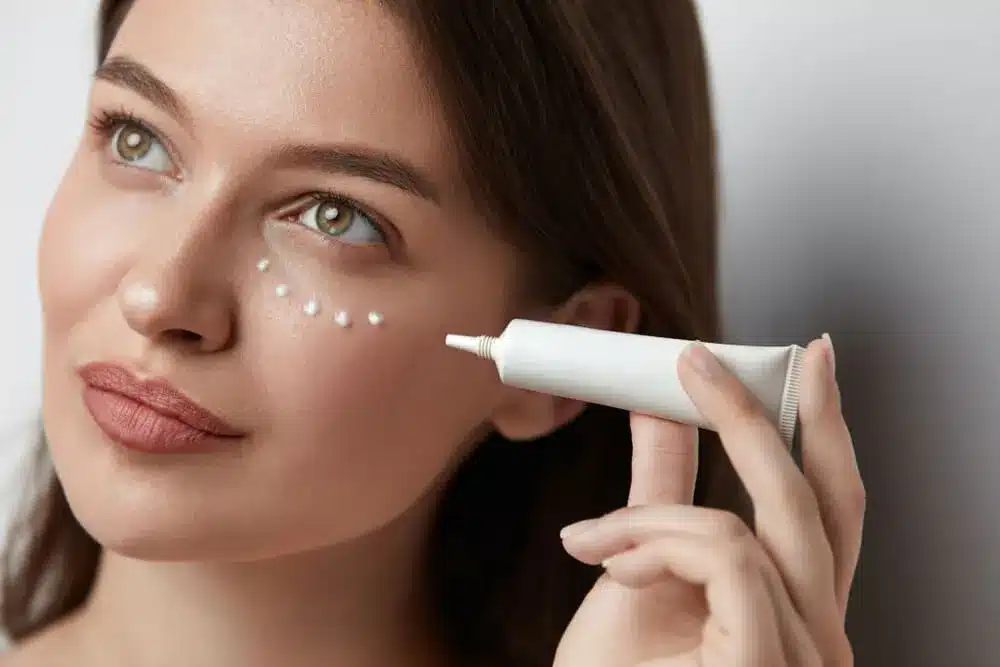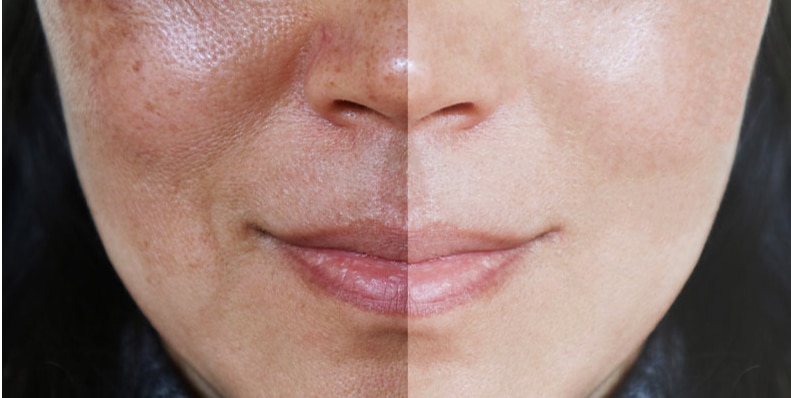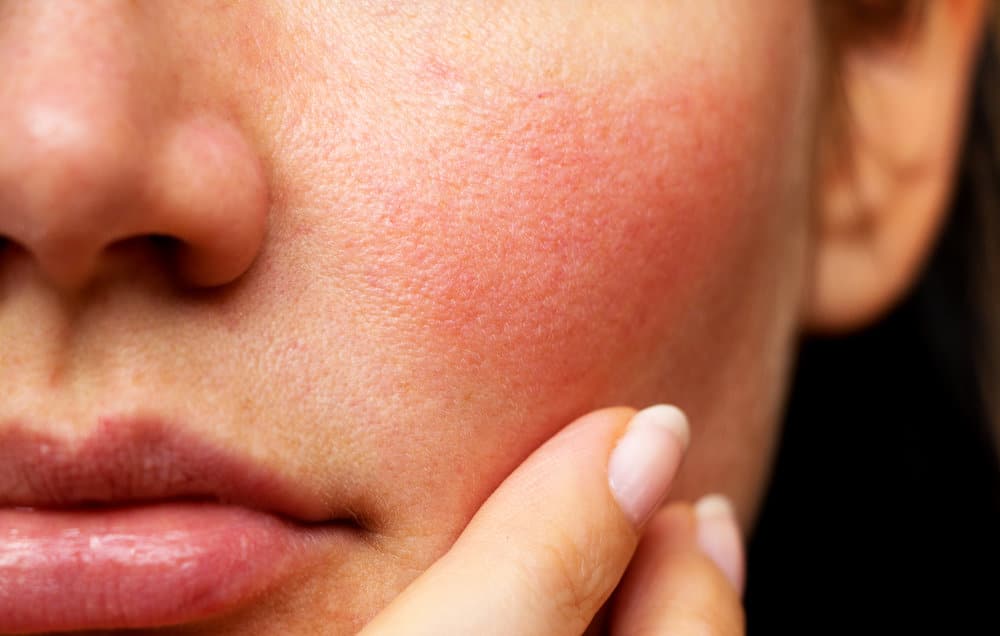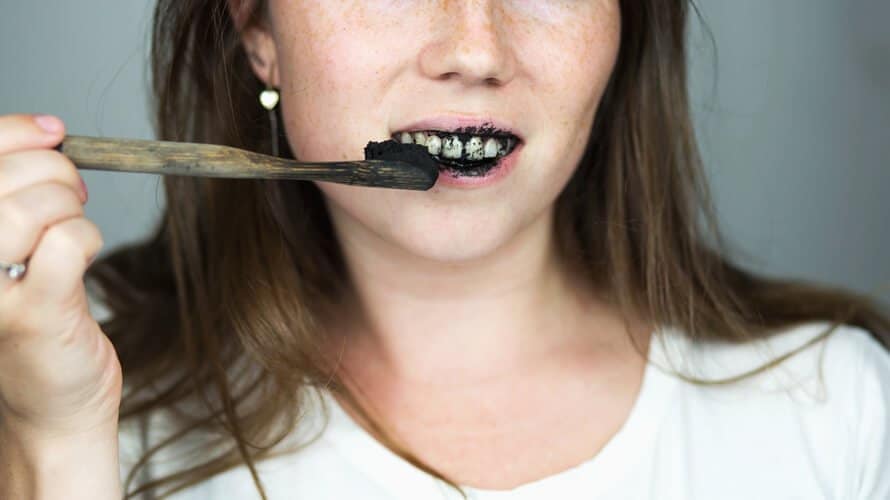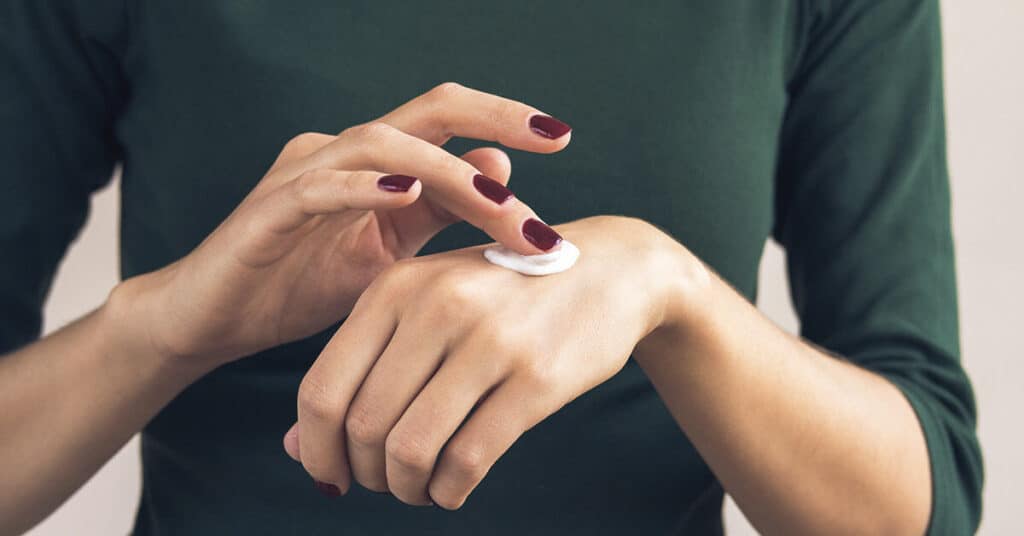Problems with oily skin? Say goodbye to them!
Oily skin is a problem that many of us face. Excessive shine, redness, frequent occurrence of acne - these are all unpleasant symptoms that discourage us and lead to reduced self-confidence. When we apply make-up on oily skin, we do not get the desired effect - cosmetic products melt and slide off the face, and instead of being matte, the skin looks sweaty. Fortunately, there are effective ways to overcome this problem.
In this text, we will show you how to get rid of oily skin problems, regulate sebum production and get a glowing and healthy complexion. Goodbye to oily skin problems!
How to recognize oily skin?
Oily skin can be identified by an unnatural sheen on the face, which makes your complexion look patchy. Also, enlarged pores are noticeable, which can give the impression of fatigue and make you look older than you are. There are two types of oily skin: the first type is reflected in the fact that the skin constantly shines due to the secretion of sebum, while the second type of oily skin is such that the sebum cannot break out on the surface, so the pores are clogged and acne occurs. The skin of the face shines, pimples appear in the so-called T-zone (forehead, nose, chin), and the complexion is almost yellowish.
This skin type is problematic when it comes to care, but with the right procedures and product selection, you can prevent problems and maintain a fresh and youthful appearance.
What causes oily skin?
Oily facial skin it can be caused by a number of factors, including hereditary predisposition, hormonal changes, unhealthy diet and stress. Excessive sebum production, which is controlled by hormones, can lead to clogged pores and the development of inflammatory conditions, such as pimples and comedones. Lack of sleep, unhealthy habits, and inadequate hygiene and skin care can also contribute to the development of oily skin. It is important to use skin care products that are adapted for this skin type and adopt healthy habits, such as eating healthy, getting enough sleep, and reducing stress, to help prevent oily skin.
Natural ingredients for oily skin care
If you struggle with oily skin, natural ingredients are a great choice for facial care. These agents safely and effectively help clean pores and manage sebum production without harsh agents and causing additional damage to the skin.
We present to you several natural ingredients that are particularly useful for oily skin care:
Clay
Outdoor clay has cleansing properties without drying, making this ingredient ideal for keeping oily skin under control. Clay is one of the most popular ingredients in cosmetics because of its beneficial properties for the skin. It has the power to remove excess fat and toxins from the surface of the skin. Besides, masks with clay they help tighten pores and reduce sebum production, making them a great choice for people with oily skin.
By using clay products in your treatment routine, you'll get clearer, fresher-looking skin, free of oily shine and pimple problems. In short, clay is a unique ingredient that can do wonders for your complexion.
Ginseng
Plant ginseng (ginseng) it is known for its anti-inflammatory properties and is excellent for suppressing excessive sebum production. Ginseng has long been used in traditional Chinese medicine throughout history for its beneficial properties for the skin. It contributes to the reduction of greasy shine on the skin and the prevention of pimples. By incorporating ginseng into your daily skin care routine, you can achieve a healthier and more radiant complexion.
Chajevac
Chajevac (Melaleuca alternifolia) is a plant used in traditional medicine for various skin problems, including oily skin. Its oil contains antiseptic and antibacterial ingredients that help reduce inflammation. It is also thought to help regulate sebum production and tighten pores, which can reduce the appearance of oily skin. However, the use of tea tree should definitely be included in a broader holistic approach to the treatment of oily skin with expert advice.
Aloe vera
Aloe vera is a natural moisturizer and anti-inflammatory agent that is often used in skin care products, especially for oily skin. Here are some benefits of using Aloe Vera for oily skin:
- It balances the moisture level: Aloe vera has the ability to balance the skin's moisture level, which is crucial for oily skin as too much moisture can make the condition worse.
- Removes excess fat: Aloe vera helps remove excess oil from pores, which helps make skin less oily and reduces acne breakouts.
- Soothes the skin: Aloe vera has a mild cooling effect and can help soothe inflamed areas of the skin.
Lavender
Lavender has anti-inflammatory and antibacterial properties, which can help manage oily skin. Lavender essential oil has an antibacterial, anti-inflammatory and soothing effect, so it is a common ingredient in masks, tonics, scrubs and creams. When it is skin well cleaned, there will be no appearance of grease and bubbles.
Lemon
Known for its antibacterial properties, lemon can help unclog pores and reduce oily skin. Citrus oils that fight against excess oil, shrink pores and tighten the skin. However, too frequent use is not recommended because it can lead to drying of the skin.
Nutrition for oily skin
Food plays an important role in skin health, including oily skin. Foods that are recommended for oily skin for better hormonal balance and sebum regulation are fruits and vegetables, Omega-3 fatty acids, healthy fats, probiotics and vegetable proteins.
- Eat as much as you can fresh fruits and vegetables, especially those rich in antioxidants and vitamins, such as avocados, spinach, broccoli and strawberries. Peppers and garlic are also excellent for oily skin, as they protect against the harmful effects of free radicals.
- Omega-3 fatty acids they can help regulate hormonal balance and reduce inflammatory processes in the skin. The best sources are salmon, tuna, sardines, chia seeds and flax seeds.
- Healthy fats such as avocados, nuts and olive oil are important for skin health and can help regulate sebum.
- Probiotics they help maintain the balance of microflora in the intestines, which can have a positive effect on the skin. You can find them in yogurt, kefir, kimchi and sauerkraut.
- Vegetable proteins such as peas, soy, quinoa and lentils, can help regulate hormonal balance and reduce inflammatory processes in the skin.
More advice: It is important to avoid high-calorie and processed foods, as well as those containing large amounts of sugar, in order to reduce the appearance of oily skin. Also, regular hydration can help maintain healthy skin.
The use of natural ingredients in the fight against oily skin can be beneficial due to their ability to regulate sebum production and reduce inflammatory processes in the dermis. It will act on your skin in a natural way, without unwanted side effects compared to cosmetic products with synthetic ingredients. We recommend that you experiment with various natural ingredients to find the ones that work best for your skin, and use them in conjunction with a healthy and balanced diet to achieve optimal results.


